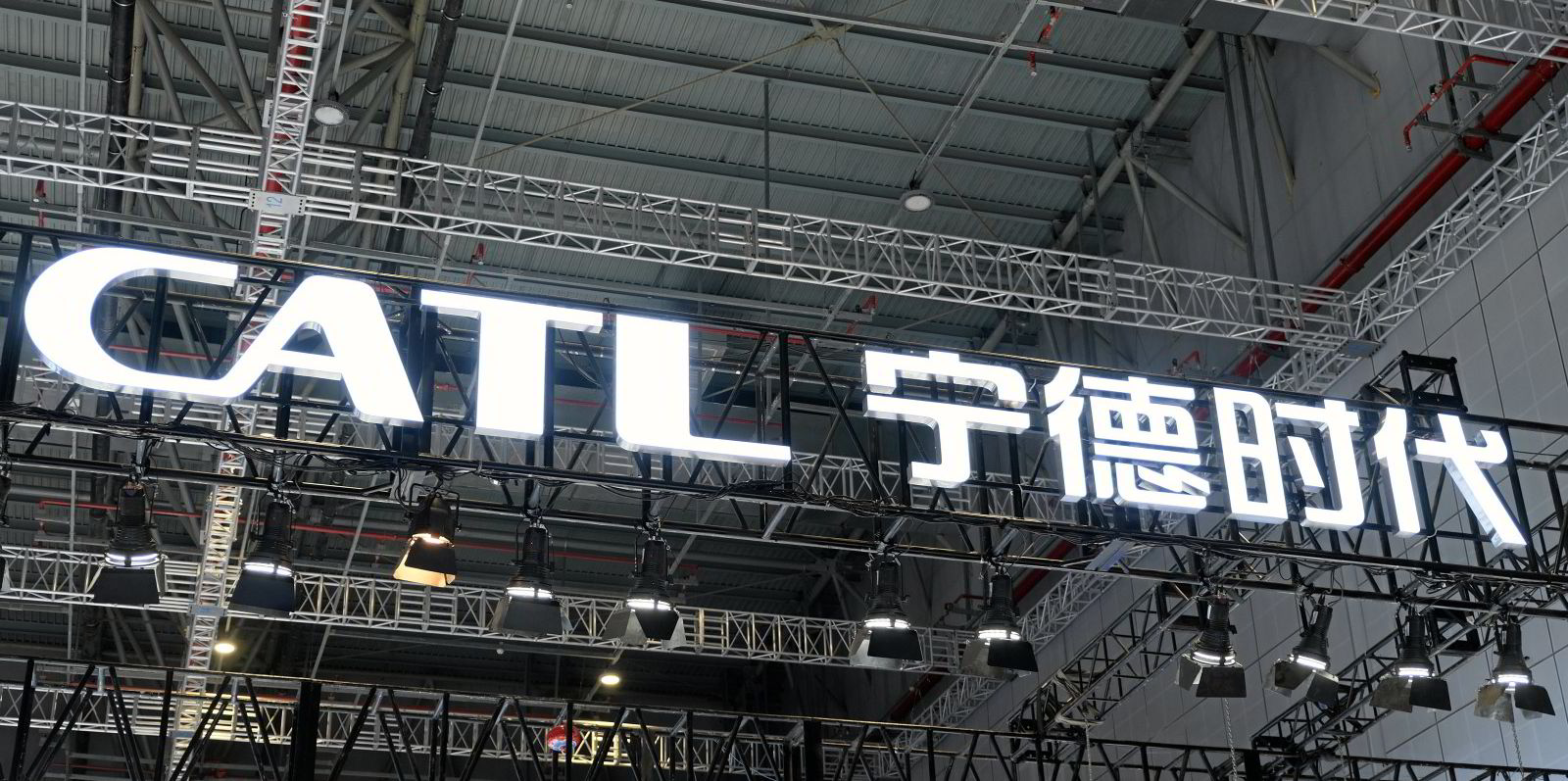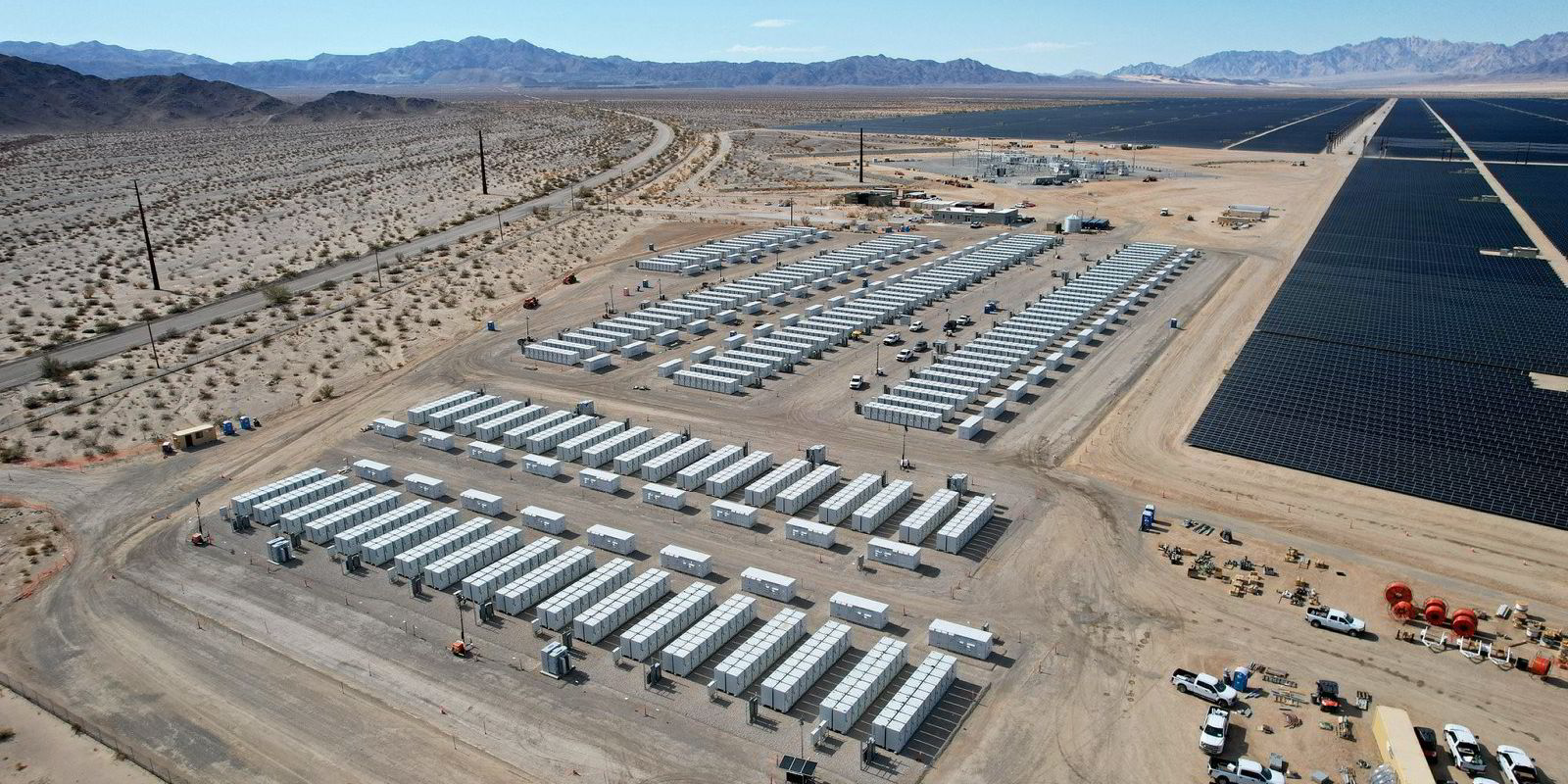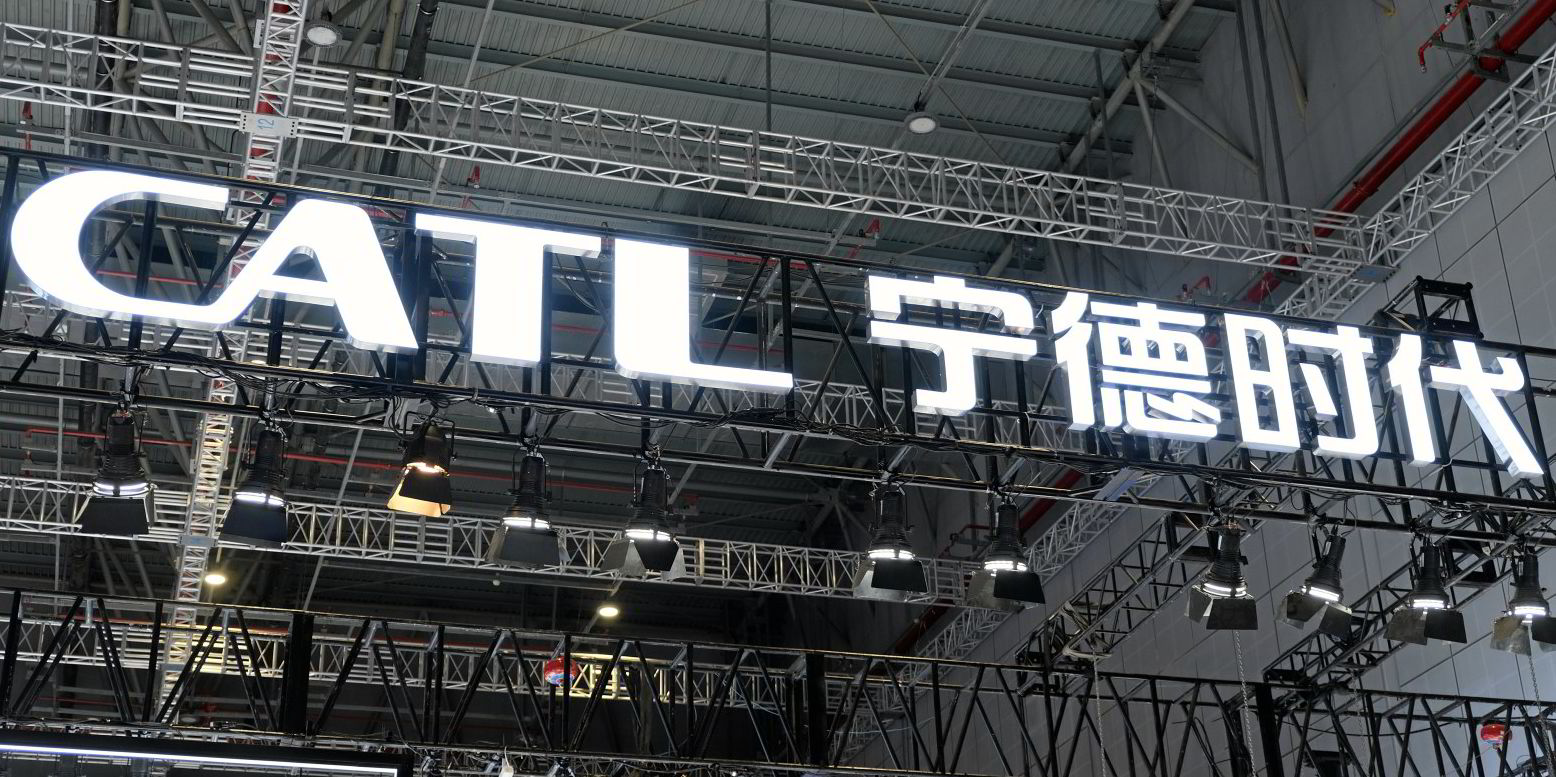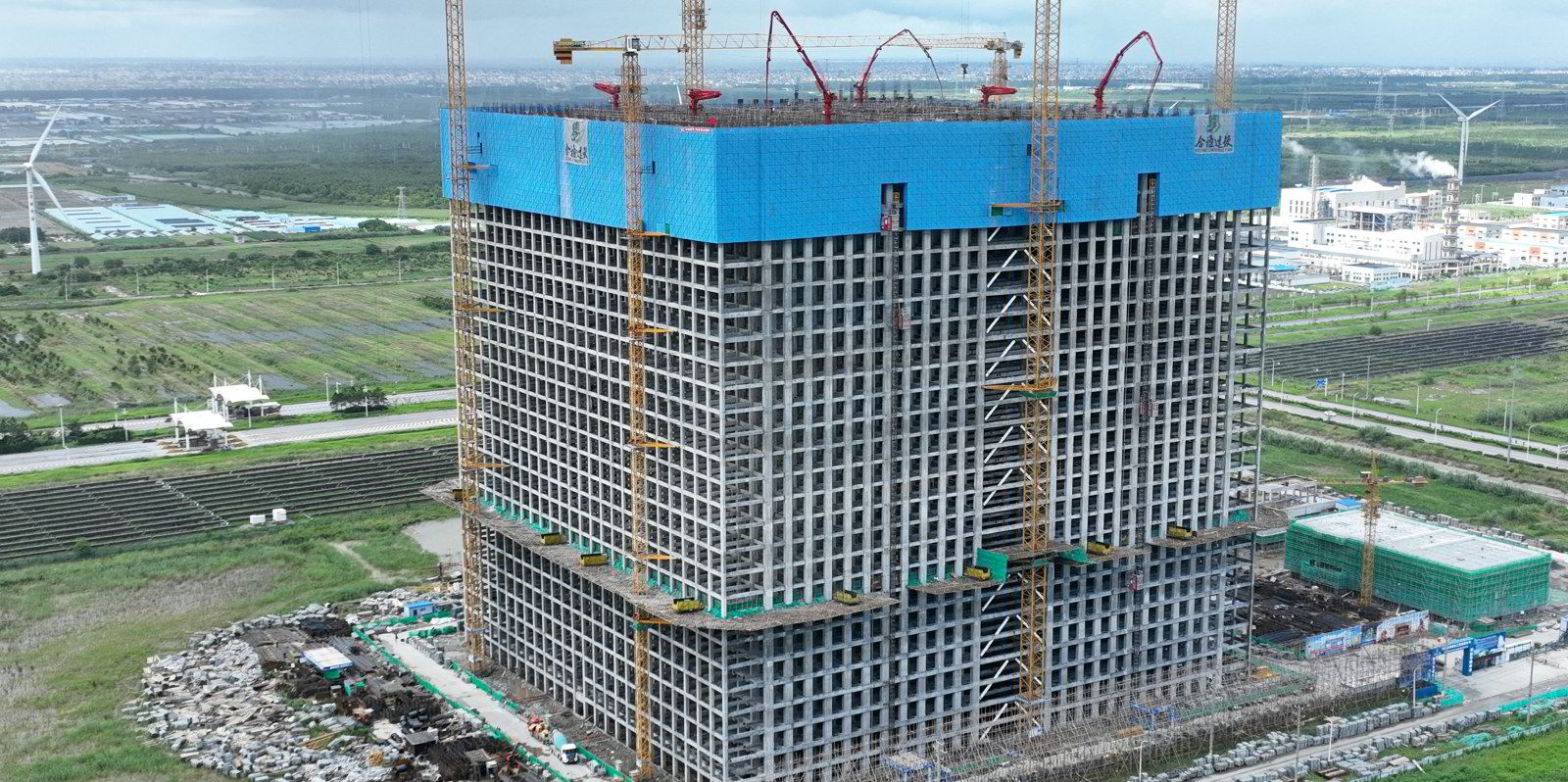Duke Energy is set to remove a system supplied by Chinese battery-making behemoth CATL from a US military base amid pressure from members of Congress that they pose a security risk.
The US utility will also phase out batteries supplied by CATL across its other projects in the US by 2027, the utility told Recharge, following an article published in Reuters on Friday.
The 11MW battery system on the Camp Lejeune Marine Corps base in North Carolina had already been temporarily disconnected in December.
That followed US members of Congress writing to defence secretary Lloyd Austin arguing that the allegedly “CCP-funded and supported firm should have no role or presence on a US military installation.”
CATL, known as Contemporary Amperex Technology in full, is the world’s largest battery manufacturer and is also a leading supplier of batteries for electric vehicles in the US.
The US lawmakers also claimed that CATL has “striking similarities” to Chinese telecoms giant Huawei, whose equipment has been banned in the US over fears it is linked to the Chinese government.
“In partnership with policymakers and the Department of the Navy, we have made the decision to decommission the CATL battery energy storage system at Camp Lejeune and replace it with a domestic or allied nation supplier,” Duke Energy told Recharge.
“By 2027, we are voluntarily moving away from specifying CATL battery energy storage technologies,” said the utility.
"As an American energy company, we welcome the ability to use American manufactured batteries. Given the rapidly increasing demand for electricity, we support more domestic manufacturing and a robust American supply chain to help expand energy resources in the United States."
CATL pointed Recharge to a statement it issued in December, when it said that accusations about its batteries "posing security threats are false and misleading."
"CATL’s business and products in the US do not collect, sell, or share data, and cannot directly interact with electrical grid or any other critical infrastructure," it said.
CATL said it adheres to laws and regulations in all regions where it operates, and that its "products have passed rigorous safety and security reviews, including reviews by US authorities and businesses."
"CATL’s energy storage products sold to the US contain 'passive' devices only, which are not equipped with communication interfaces that may enable CATL to control the sold products. Additionally, CATL’s US products do not have the capability to collect, transfer or send data and therefore do not pose any security threats."
The battery maker also stressed that it is a publicly-traded company with large Western companies such as JPMorgan Chase and UBS as investors.
The news comes days after the FBI said it had removed malware introduced by Chinese state-backed hackers in the US that sought to target public infrastructure including energy networks.
China dominates the battery manufacturing industry and a widespread move to completely avoid its systems in the US could slow down the country’s rollout of energy storage – crucial to supporting the deployment of variable wind and solar farms.
The administration of President Joe Biden has sought to boost clean tech manufacturing in the US through the landmark Inflation Reduction Act passed in 2022, a move hailed as a “game changer” for the deployment of energy storage systems.
However, an industry group warned recently that while federal incentives have boosted energy storage manufacturing, domestic production will fall short of demand as early as 2025 “without strategic action”.
This article was updated on 12 February to include the December statement issued by CATL





